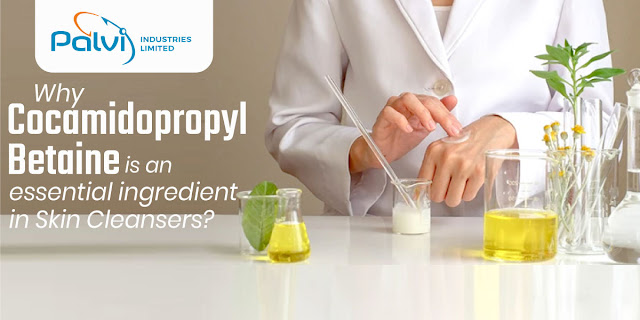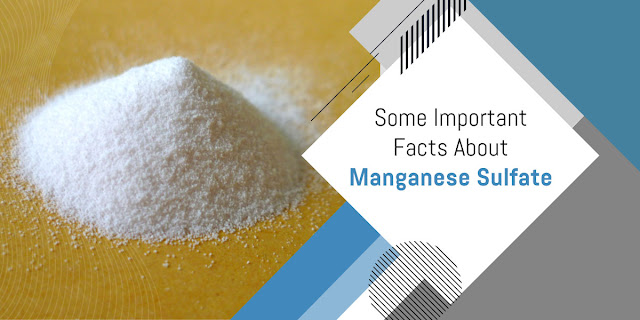Why Cocamidopropyl betaine is an essential ingredient in Skin Cleansers?
Cocamidopropyl betaine (CAPB) is a surfactant derived from coconut oil that is used in several liquid skin cleansers. Surfactants are detergents that reduce the surface tension of water and make it easier to moisten your face, allowing water to wash away the oil and debris from your skin. Surfactants are lipophilic (love oil) and hydrophilic (love water), allowing them to remove debris and oil from your skin.
Palvi Chemicals is a noted as well as recognised Cocamidopropyl betaine distributor in Nigeria.
Although certain surfactants are harder on the skin than others, Cocamidopropyl betaine rarely irritates the skin. Because of its thickening and foaming qualities, it's frequently used in cleansers to help hydrate the skin. Many infant soaps and shampoos contain Cocamidopropyl betaine. Some people, however, may be allergic to the chemical component. Consult a dermatologist if wearing cosmetics containing Cocamidopropyl betaine causes your skin to redden, itch, or flake.
Properties of Cocamidopropyl Betaine:
●
Face and body cleansers contain a gentle cleansing component.
●
It might be either natural or manufactured.
●
It aids in the lathering or foaming action of cleansers.
● Sensitization reactions are caused by manufacturing imperfections, not by the substance itself.
CAPB is used in plenty of skin and hair care products
such as,
● shampoos
● conditioners
● makeup removers
● liquid soaps
● body wash
● shaving cream
● gynecological wipes
● Various toothpastes
CAPB is also included in several household spray cleaners as well as cleaning and disinfecting wipes.
If you are looking for the most popular and distinguished Cocamidopropyl betaine suppliers in Nigeria, Palvi Chemicals is the best choice for you.
On the ingredient label, CAPB will be listed.
Alternative names for CAPB are listed by the Environmental Working Group, and
include:
● 1-propanaminium
● hydroxide inner salt
CAPB can be found in cleaning products under the
following names:
● CADG
● Cocamidopropyl dimethyl
glycine
● disodium
cocoamphodipropionate



Comments
Post a Comment